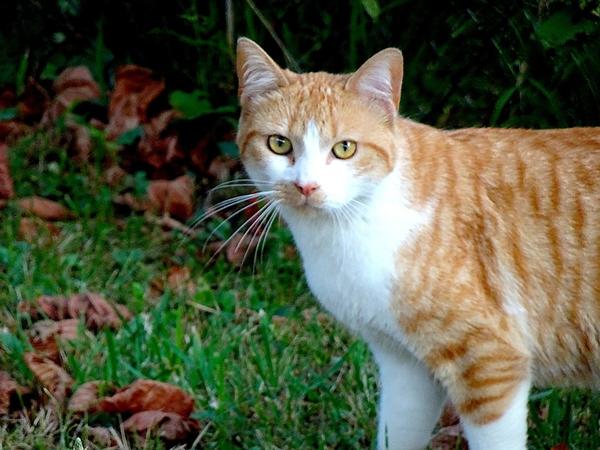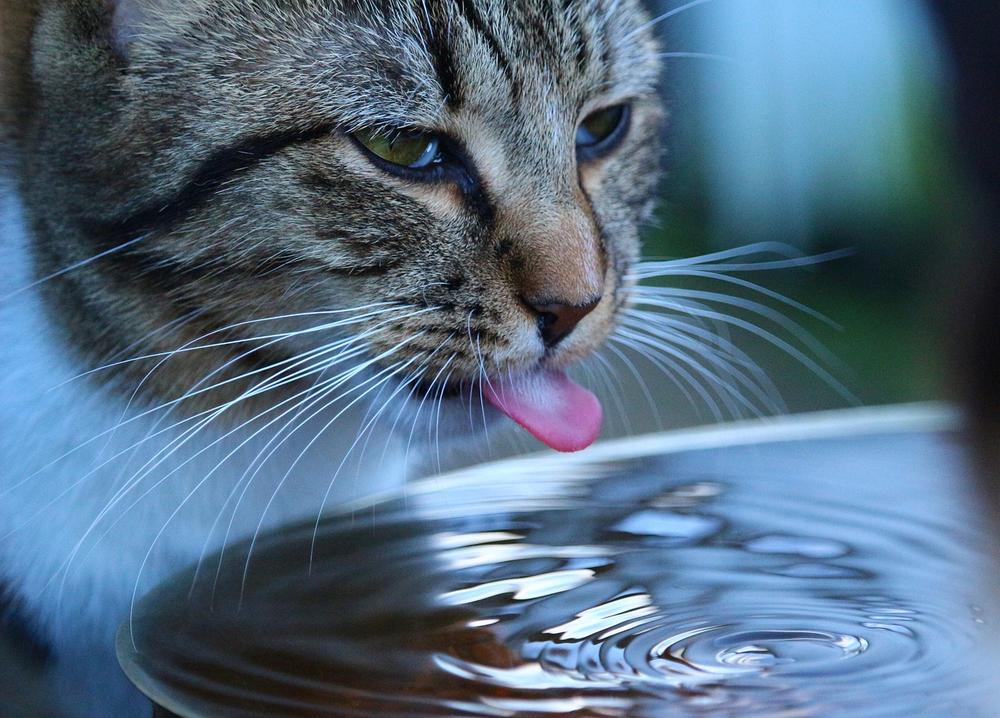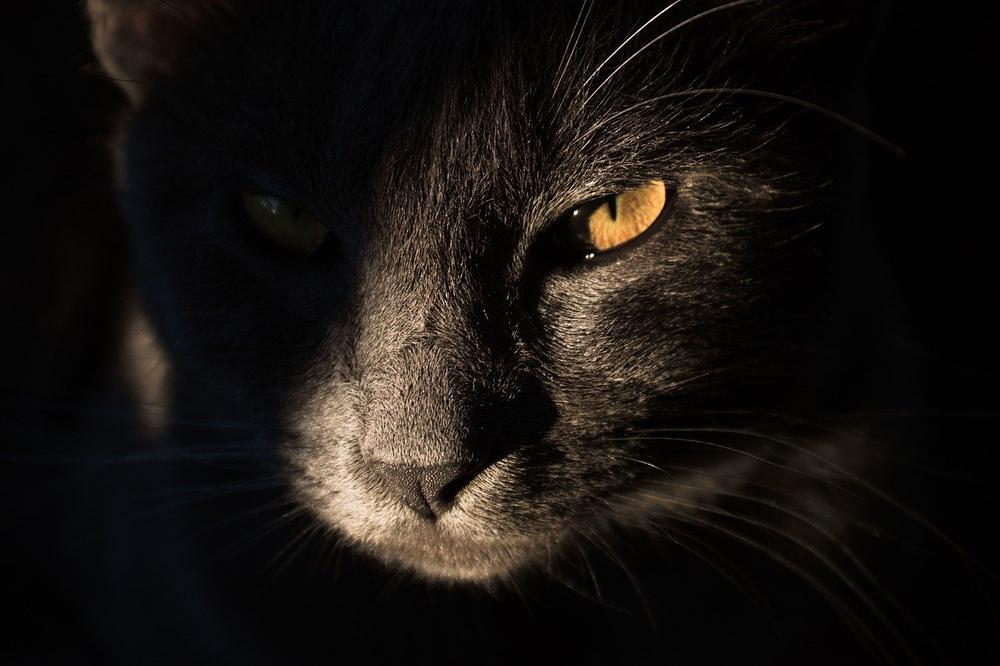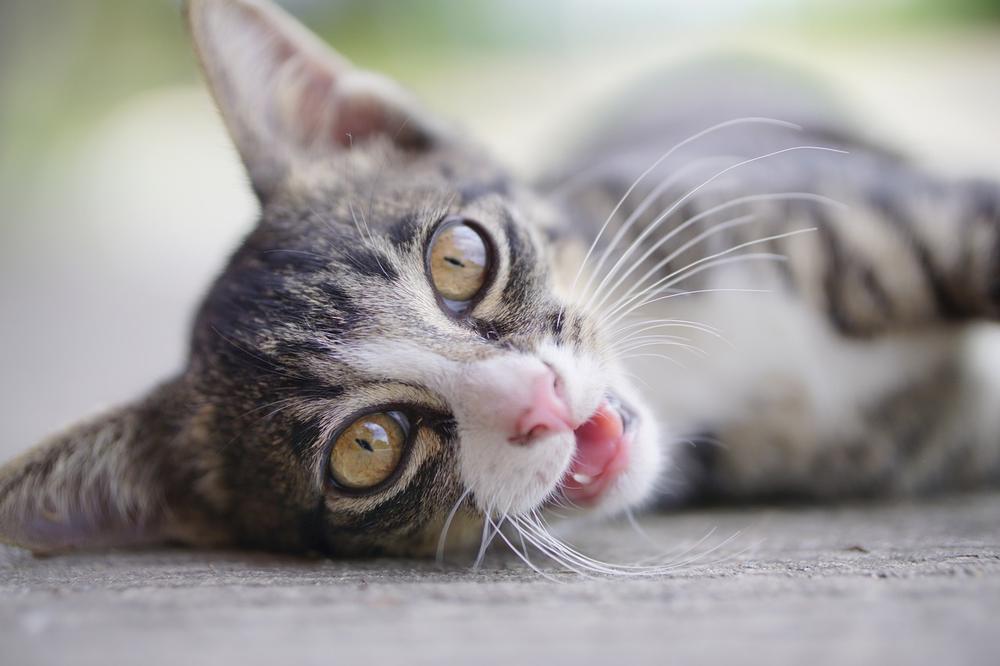Why Does Your Cat's Poop Smell SO BAD? Is It Normal?

Visualize this:
You enter your home, excited to see your adorable furry friend, but instead, a lingering stench hits you like a punch in the face. 😷
Your cat's poop has become a potent, nose-wrinkling assault on your senses, and you can't help but wonder if there's something horribly wrong.
The frustration and concern are real, my friend.
But fear not, because in this blog post, we'll unravel the mystery behind why your cat's poop smells so bad and explore possible solutions.
So, hang on tight and let's dive in, shall we?
How to Stop Your Cat’s Poop From Smelling Really Bad
When it comes to stopping your cat's poop from smelling really bad, there are several things you can do:
- Encourage plenty of hydration: Make sure your cat has access to fresh water at all times. Consider using a cat fountain or adding water to their meals to increase their water intake.
- Consider medications and diet: Certain medications and supplements can disrupt gut bacteria and hormone balance, leading to smelly poop. Additionally, sensitivity to certain foods or ingredients can cause digestive issues and odor. Talk to your vet about potential alternatives or adjustments.
- Opt for a high-fiber diet: A high-fiber diet can help regulate digestion and reduce odor. You may also consider novel protein or hypoallergenic diets if necessary.
- Try probiotics: Probiotics can help promote a healthy gut flora, contributing to better digestion and less odor. Speak with your vet about appropriate options for your cat.
- Reduce stress and provide enrichment: Stress can impact the digestive system, so ensure your cat is in a calm environment with plenty of mental and physical stimulation.
- Use psyllium powder: Psyllium powder is a natural fiber supplement that can help regulate bowel movements and decrease smell. Follow the recommended dosage instructions.
- Make temporary dietary changes: If the smell persists, consider making temporary dietary changes under the guidance of your vet.
- Clean the litter box regularly: Regularly cleaning the litter box reduces odor build-up. Consider odor-absorbing air fresheners specifically designed for pet odors.
- Avoid toxic cleaners: Use non-toxic cleaners when cleaning up accidents or messes in order to minimize chemical smells.
- Seek veterinary care if necessary: If the odor continues despite implementing these measures, consult your veterinarian to investigate potential underlying causes like constipation, dehydration, or other health issues.
Promoting good hygiene and addressing any underlying medical conditions can go a long way in reducing the smell of your cat's poop.

And now, let's dive deeper into the reasons why your cat's poop may smell unpleasant and how diet changes can play a crucial role in preventing such odors.
Trust me, understanding these factors will help you take better care of your feline friend's digestive health!
Why Does My Cat’s Poop Smell So Bad?
Why does your cat's poop smell so terrible? 🐱
Here's a list of potential causes, so let me break it down for you:
- Changing their diet suddenly can lead to foul odors in their poop. To avoid this, introduce new food gradually and see how it affects their digestion and the smell of their poop.
- Digestive disorders like inflammatory bowel disease or poor absorption of starch and fat can contribute to smelly poop. It's important to identify and address these issues for your cat's well-being.
- Parasitic infections such as Giardia and Coccidia can cause stinky feces. It's crucial to promptly treat these infections to prevent further complications.
- If your feline friend dines on unhealthy prey, it may affect the smell of their poop. Keep an eye on their hunting habits and make sure they're not eating contaminated meat.
- Hormonal changes or certain medications can also alter the smell of your cat's poop. If you suspect any hormonal imbalances or think medications could be the culprit, consult your vet.
To combat smelly poop in cats, stick to a consistent diet, address digestive issues promptly, and take preventive measures against parasitic infections.
Your cat will appreciate a nicer-smelling litter box, and you'll both be happier for it!

And now, I want to address a common concern that many cat owners have: the color of their cat's poop.
If you've noticed that your cat's poop is yellow and you're wondering why, I have the answer for you.
In my latest blog post, I delve into this topic and explain what it could indicate.
So, if you're curious and want to understand why your cat's poop is yellow, I highly recommend checking out Yellow Cat Poop.
You'll find valuable information to help put your mind at ease.
Abnormal Cat Poop Chart: What Colors and Consistencies Mean
Look for signs of dehydration in your cat's poop.
You should check for dryness, hardness, or an abnormal odor.
To keep your cat hydrated, make sure there are multiple clean water sources available at all times.
Healthy cat poop is formed in logs that are at least 1 inch long and not wet or sticky.

Kittens may pass stools frequently, but constipation can be indicated by small, hard, dry pieces or longer, thin pieces. Infections or clogged anal glands can produce a runny discharge with a bad smell.
However, a bad smell alone is not concerning unless accompanied by other symptoms like changes in color or consistency.
It's normal for cats to have fur in their stool as ingested hair passes through their system.
But if you see white flecks resembling grains of rice, it could be a sign of tapeworm and should be checked by a vet.
As a cat owner, you need to observe what is normal for your cat and inform the vet if there are any concerns.
The Key to Managing Cat Poop Odor
Key Takeaways:
- Factors such as medications, diet, and health issues can influence the odor of a cat's poop.
- PrettyLitter is a health monitoring litter that can identify potential health problems.
- Sensitivity to certain foods or ingredients can cause digestive issues and smelly poop in cats.
- Passing stools once or twice a day is normal for adult cats.
- Tips to reduce the smell of cat poop include high-fiber diets, probiotics, and stress reduction.
- Regular litter box cleaning and avoiding toxic cleaners can help decrease the smell.
- Grooming the cat regularly and seeking veterinary care if necessary can also help.
- Anal gland infections can lead to extremely odorous feces and require veterinary intervention.
- Persistent foul smells in a cat's poop should always be evaluated by a veterinarian.
- Factors such as hairballs, diet, dehydration, or colon issues can cause constipation in cats.
- Foul smelling cat poop can indicate digestive disorders, diet imbalances, or underlying health concerns.
- Infections, parasites, and poor digestion can contribute to the unpleasant odor.
- Observing what's normal for your cat and informing the vet about any concerns is important.
And that wraps up today's article.
If you wish to read more of my useful articles, I recommend you check out some of these: Orange Grey Cat Poop, Why Does My Cat Have a Saggy Belly After Being Spayed, Can a Spayed Cat Nurse Kittens, Can Cats Drink Green Tea, and My Cat Is Not Eating Force Feeding Your Cat
Talk soon,
-Sarah Davis